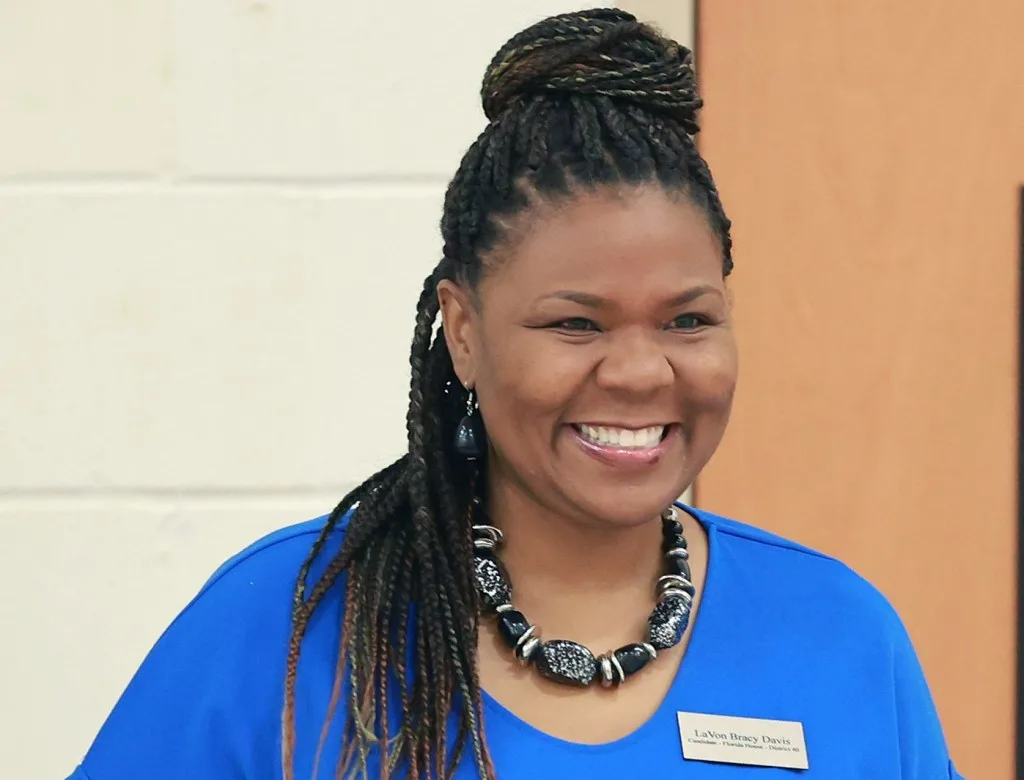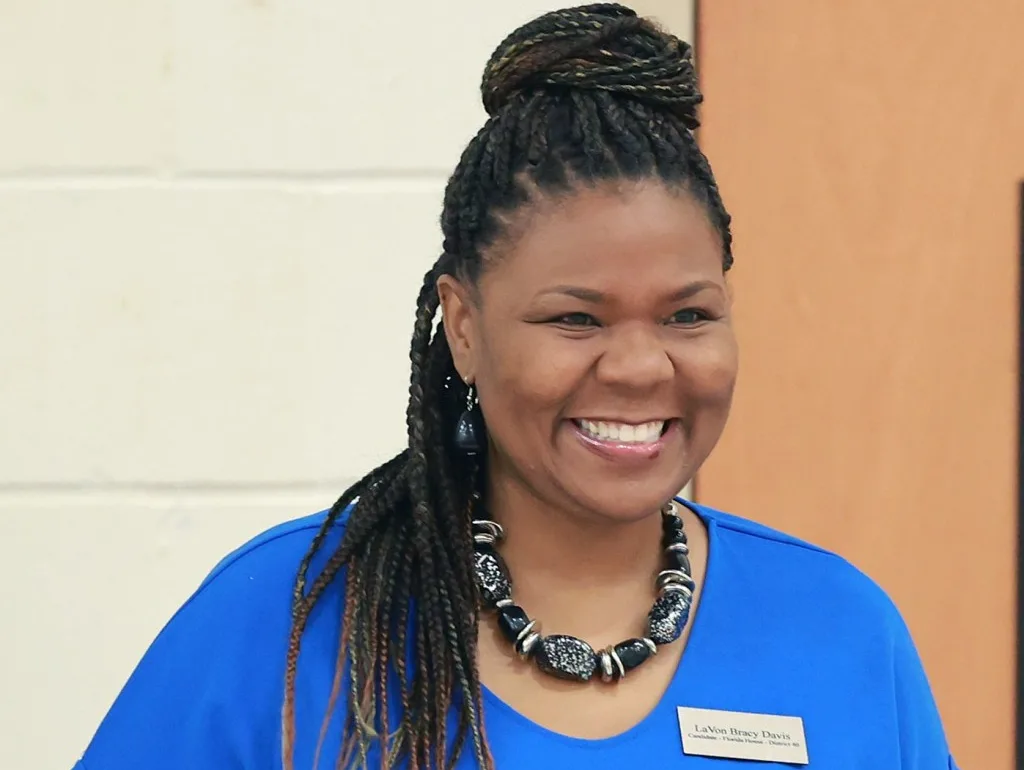
As an African American woman whose parents and grandparents were on the front line of the civil rights movement, I firmly believe that understanding and acknowledging the full scope of Black Americans’ experiences in America is essential for fostering empathy, cultural awareness, and social progress. By diluting or minimizing the struggles and triumphs of African Americans, we risk perpetuating ignorance and misunderstanding, hindering our collective growth as a society.
History is a mirror reflecting our past, and as the philosopher George Santayana says, “those who cannot remember the past are condemned to repeat it.” To build a more inclusive and just future, it is imperative that we confront the darker and unpopular chapters of history and learn from them. Altering the teaching of African American History deprives students of the opportunity to gain a comprehensive understanding of the systemic chronological account of racism and discrimination faced by Black Americans throughout the centuries. These struggles have shaped the fabric of our nation and continue to impact communities to this day.
Education is the cornerstone of progress, and we have a responsibility to equip the younger generations with the knowledge required to build a more equitable society. The decision to dilute African American history undermines this principle and contributes to a distorted view of our nation’s past. By neglecting to teach students about the atrocities of slavery, the Civil Rights Movement, and other crucial moments in African American history, we perpetuate a narrative that disregards the resilience and achievements of black Americans in the face of adversity.
Furthermore, a well-rounded understanding of African American history is vital in fostering empathy and cultural awareness among students from diverse backgrounds. By learning about the struggles, contributions, and cultural richness of different communities, we can break down barriers and build bridges of understanding. Erasing or downplaying these historical experiences denies students the opportunity to empathize with the challenges faced by their peers and fellow citizens of different racial backgrounds.
The decision by the Florida State Board of Education also reflects a broader issue in our society — the tendency to shy away from uncomfortable and inconvenient truths. Confronting the harsh realities of the past can be painful, but it is necessary for growth and progress. We cannot rewrite history or ignore it selectively to make ourselves more comfortable. Doing so only perpetuates the cycles of prejudice and injustice that have plagued our nation for far too long. Lest we forget those who were enslaved were uncomfortable. I am certain July Perry and those innocent black people who were murdered in the Ocoee Massacre, the bloodiest day in American political history, were uncomfortable. The least we can do to honor their bloodshed by getting comfortable with being uncomfortable.
As a freshman lawmaker and a proud resident of Ocoee, I must express my profound disappointment in the Florida State Board of Education’s decision to alter the way African American history is taught. A comprehensive understanding of our past, however uncomfortable, is crucial for preventing the repetition of past mistakes and working towards a more inclusive and just society. Only by facing our history with honesty and humility can we hope to build a brighter future for all. James Baldwin said it best: “You can’t fix what you don’t face.”
The bottom line is all of this is politics. The attack on African American history, the book bans, the State Board of Education’s recent determination, the attempt in criminalizing victims of racism, the perpetuating of the narrative that there were benefits to enslavement; all of this is political. This is an attempt to push a political and perhaps even presidential agenda. And for this reason, there must be a call to action. If this pains you like this pains me, take that disgust and frustration and show up on Election Day, every single Election Day. We must use our vote as our battle axe and our voice as our sword, as this is the only way to dismantle this blatant, obvious, and intentional attack on black history.
LaVon Bracy Davis is the Florida state Representative for House District 40 and a resident of Ocoee.


